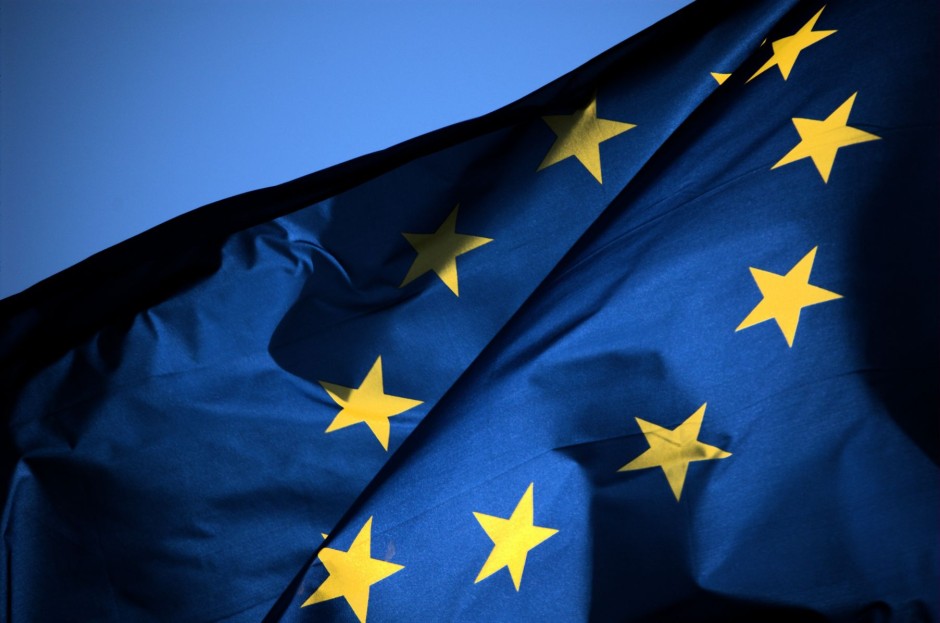What does Brexit mean for digital rights in the UK?
Now that the UK has voted to leave the EU in a national referendum, what’s next for digital rights?
It’s been just over two weeks since the United Kingdom voted in a national referendum to leave the European Union, a result which has created global political uncertainty. But as OpenMedia’s UK-based digital rights campaigner, I know this vote also has huge repercussions for digital rights here in the UK, as most of the protections for these online rights are grounded in EU law. For example:
The EU Data Protection law ensures that all countries in the EU have to apply the same standards of data privacy: UK citizens’ data being held in France is under the same protections as French citizens’ data, and vice versa. The law enforces things like: informed and unambiguous consent for your data to be processed; the ability to see what information organisations hold on you, and the ability to take your data with you when you leave a company. Without these protections, UK citizens’ personal info would be held to a lower standard than the rest of Europe.
EU Net Neutrality laws have been passed in Europe, and the way those laws will be enforced is currently being decided with a public consultation. There’s a global movement coalescing behind putting an end to slow lanes, but if the UK separates they may not get the same guarantees that activists across Europe are close to achieving.
TTIP is an international trade agreement between the EU and the U.S., which gives corporations increased power and less accountability, on issues from privacy to food standards. The TTIP is very similar to the Trans-Pacific Partnership (TPP), but spanning the Atlantic rather than the Pacific ocean. There has been a very strong coordinated, pan-European movement of activists groups from across the spectrum working together to combat this secretive and anti-democratic deal. Without that wider support from the EU, the UK would not be in a strong negotiating position with the U.S. to resist signing up to this kind of deal.
Copyright law in the EU still had a long way to go, but has generally had a positive impact on the UK, harmonising the laws and making it easier for consumers to access and buy content from across Europe and creators to have a broader audience.
In addition, although it is undeniable that ‘Brexit’ will have huge direct implications for the UK, the whole EU will also be affected by the change in political tone that the UK’s absence will create. The role of UK MEPs in influencing upcoming legislation will be challenging as decisions made in this strange in-between time may be seen to be less legitimate for the UK, with UK politicians’ voices given less consideration as a result. For instance, many UK MEPs are known for taking a pro-innovation stance in the European Parliament, Open Forum Europe delves into the effects this absence might have on EU digital policy here.
It also means that some of the big debates that are being played out in the EU at the moment, such as the above-mentioned net neutrality regulations or proposed portability of ebooks and ending geoblocking, may have to be repeated in the UK. Will the UK Government choose to copy the same legislation to have the same standards? Or will they go in a different direction? write something completely new?
With these kinds of questions in the air, if and when we leave the EU, there will certainly be a lot of space for digital policymaking in Britain. This could be a huge opportunity for all of us to push for the best digital rights laws possible.
It’s clear that here in the UK we have to work very hard to ensure that we enshrine the same protections or better that we enjoyed in the EU, into UK law.
However, it is important to remember that at the moment the UK is still a member of the EU. This means that all of the EU laws still apply to British residents, and court decisions made by the Court of Justice of the European Union (CJEU) must be adhered to, and will continue to govern the UK until it has officially left the EU, which, even at its earliest, will not be for two years.
There is much that is still unknown about how Britain’s exit from the EU will play out – but we know that politicians and lobbyists will be negotiating on many different issues. But whilst all this happens we will continue to campaign in the EU and work with our European partners to ensure that digital rights are defended for all.
For further reading, check out this great post from our friends at Open Rights Group.



 Take action now!
Take action now!
 Sign up to be in the loop
Sign up to be in the loop
 Donate to support our work
Donate to support our work